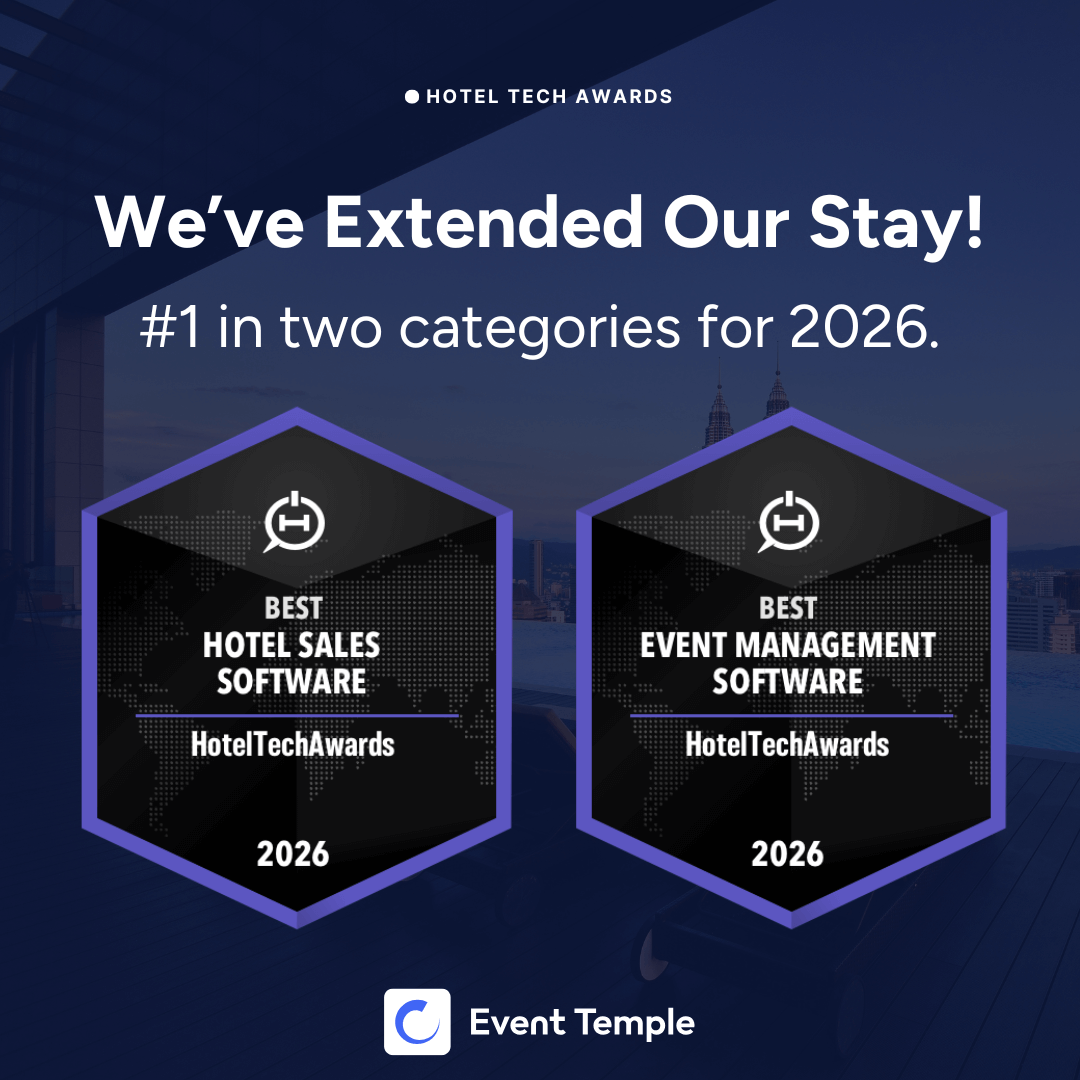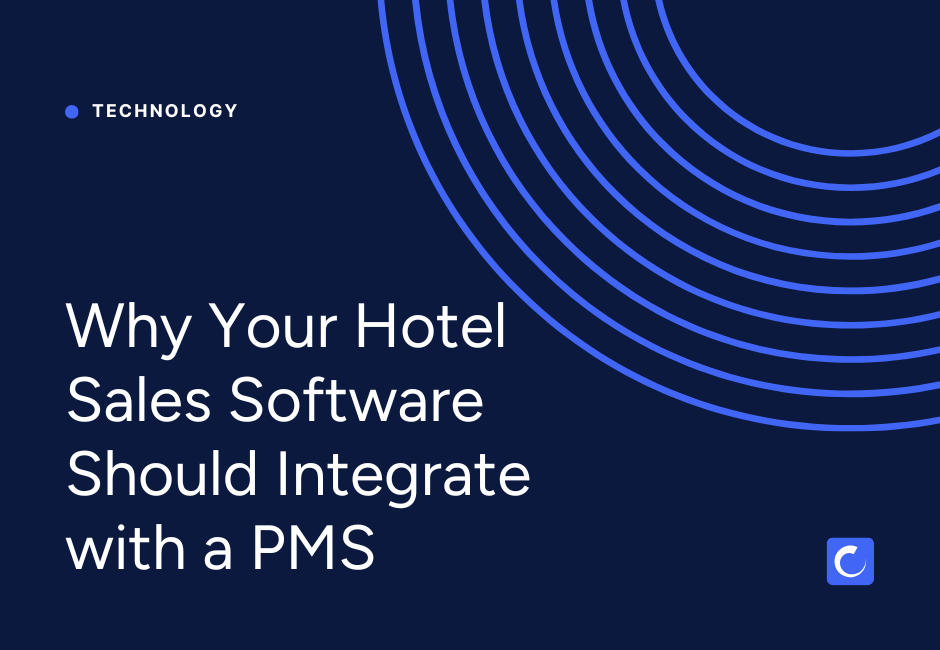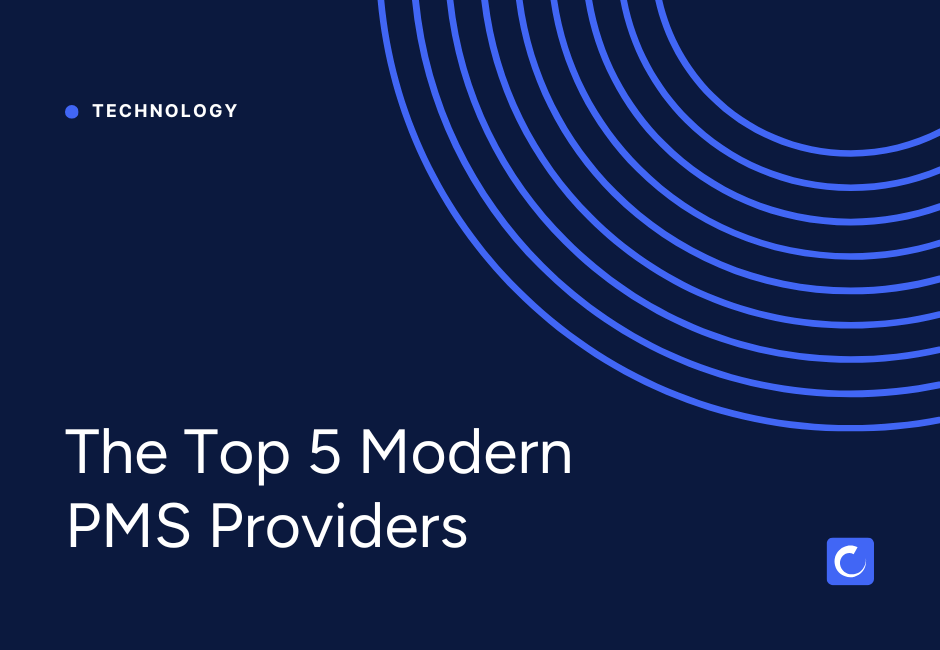
Many great things emerged in the 90s and have stood the test of time: sitcoms like ‘Friends’ or the Backstreet Boys to name a few (anyone else here remember Tamagotchis?). These nostalgic memories are things we look back on now and reminisce on just how great they were during their time, remaining unchanged forever in our brains. The same thing cannot be said about legacy systems that were first introduced during that era. This is a PSA to hospitality: if you haven’t already, it’s time to upgrade legacy systems in your hotel.
With the rise of the internet in the 90s, we saw the introduction of the first legacy systems that hospitality was starting to use. We’re talking: clunky systems, complex installation process with servers and IT infrastructure, on-site training programs that would last weeks because it takes a scientist to apparently figure out how to use it, and last, but not least: a hefty price tag.
With the rapid pace of technology today, software is developed with the intention of making the lives of people using it easier by solving everyday issues the user faces. Legacy systems just simply don’t do that. If anything, they only add to the challenges. Furthermore, hotel management has become more complicated, and the technology they use needs to keep up and then some. As new solutions enter the market each year, cloud based technology has been the most innovative and relevant in the last decade. However, adoption rates among hotels are only catching up recently. Cloud solutions offer an affordable and modern approach to business, integrated products that create a seamless experience for customers and staff members, while improving efficiency. All you need is a username and password. But why are hotels slow to upgrade legacy systems with all these known benefits? There is fear in the unknown and the task of upgrading may seem daunting. So we’ve outlined a list of the first steps to take when planning your upgrade. It’s easier than you might think.
4 Steps to upgrade legacy systems in your hotel
1 - Research, research, research!
The first step to any project: research. Don’t rush this part. Hoteliers should be exploring many different options and talk to different vendors to get an idea of whether or not their technology can migrate to the cloud easily. We recommend mapping out your criteria and scoring them on how important these factors are. Then while on a call, go through these criteria so you can review after where each provider stands. It’s important that you find the right fit for your business, not just go with what’s available. Finding out pricing structure and associated costs for your specific needs and requirements is also important. For example, maybe you have complex imports that need a customized approach - make sure to address this during your calls so you’re not hit with any surprises later.
2 - Create realistic timeframes and hold yourself (and team) accountable
Setting up a timeline for a full cloud migration will widely differ from hotel to hotel. It depends on how many stakeholders are involved in the process and how much time you can allocate to the project. After finding the best cloud solution for your business, collaborate with the vendor to map out a timeline that makes sense for you and your team. Consider things like imports and data migration, and staff training time.

3 - Take the time to train effectively
A software is only as good as how much your team uses it. Sure, cloud solutions are much more user-friendly then legacy systems of the past but come with their own set of robust features and tools. Taking the time to train will set your team up for success, especially because the success or a failure of new technology comes down to the buy-in and adoption of your teams. Training sessions also provide valuable time for your team to address any questions or issues they may be encountering and do walk through of key features that they are looking forward to the most. You’ve already invested time and money into this, don’t skimp out on training. Investing in your staff and their user experience is equally important.
4 - Use the tools and reports to help make decisions that improve your business
Once you’ve made the decision to upgrade legacy systems, now is the time to start using it and realize the benefits and rewards from the move. Your system will now log all historical data and generate reports that you can draw information from, identify key trends and opportunities, then make informed business decisions to help improve your business and increase the bottom line. You’ll also realize how much time you save a day from being able to automate so many menial processes through your cloud software. Make sure to make notes on features that really impress you, and features that you don’t use and any features that may be missing that would really benefit your team. Having an ongoing relationship with your provider is also key. By giving this ongoing feedback, cloud providers are constantly building and improving their systems. So even if there’s a feature that you want that they don’t have right now, they might have it in a few months. Ah, the beauty of modern tech.
The unprecedented global pandemic really threw a curve ball into the world of hospitality.
With the pandemic forcing many hotels and businesses to review and cut back on expenses, most hoteliers realized that it was time to upgrade legacy systems that were way too expensive and didn’t improve their bottom line. The landscape is rocky but cloud systems offer hotels the flexibility they need for the future. With technology making hotels competitive, businesses risk losing out and being left behind - so what are you waiting for?



